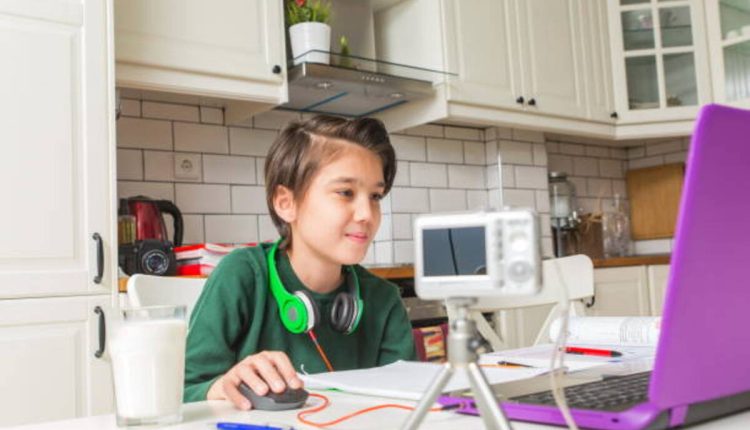GVIS Digital Learning
Digital learning relies on access to digital devices and an excellent internet connection. Many places now boast fiber networks that cover much of the country, providing fast speeds. Unfortunately, however, many areas still don’t have these options.
Digital learning also gives students access to their course materials 24/7, giving them access to revisit lectures or seminars they missed or forgot to take notes during.
Benefits
GVIS digital learning offers students an effective and convenient way to stay ahead in class and manage their studies independently. Students often have 24/7 access to course materials, lectures, or seminars that can be revisited when needed, and advanced tools such as lab simulations can allow for scientific experiments at home – saving students the expense of having to travel out or purchase expensive lab equipment and software.
Gvis’s digital learning also makes student progress tracking easy, enabling students to access homework, assignments, attendance information, and any other relevant details relating to them. Students can utilize this platform to access homework, projects, and attendance details that enhance the learning experience for all concerned, plus they can share notes remotely as they work.
The software can also help identify learning weaknesses and provide feedback, helping students focus on areas where they may require support in order to excel. Furthermore, teachers may use it to evaluate their teaching methods.
GVIS lab welcomes both college and high school interns throughout the year, giving motivated students an opportunity to hone their skills on real NASA projects. Interns may work in areas such as 3D modeling, 2D graphics design, programming, virtual reality development, communication systems development, virtual and augmented reality development as well as communications development – with unpaid internships providing invaluable experience and resume-building opportunities.
Accessibility
Digital accessibility refers to a set of principles that enable students with disabilities to utilize technology for learning, including permeability, operability, understanding, and robustness. Implementation of these principles into digital education can increase student engagement while closing any gaps between those with disabilities and those without them – which is especially crucial in classroom environments where collaborative efforts among peers are often essential to effective instruction.
The Accessible Digital Learning Portal serves as a central location for technology-related information, content, tools, and products that support disability-inclusive education in remote and classroom settings. This website features accessible digital content and tools as well as implementation examples and low-cost solutions that meet user needs to promote universal design for learning. Furthermore, this Portal also provides resources for the production, distribution, and implementation of these resources worldwide.
Users of this virtual reality experience can explore a proposed mission concept vehicle as it floats on Kraken Mare, an expanse of methane ocean on Saturn’s moon Titan. Furthermore, users can hear sounds recorded by ESA’s Huygens probe that captures the winds on Titan. GVIS Lab interns created this visualization as an innovative demonstration of VR technology.
Education environments such as schools are increasingly turning to collaborative sessions for teaching purposes, however this type of activity may prove challenging for learners with disabilities or temporary impairments if the technology they’re using wasn’t designed to accommodate all learners equally. Therefore, it’s vitally essential that digital educational materials be accessible regardless of individual ability.
Digital literacy refers to the knowledge, understanding, and use of digital media and services. It is a crucial life skill, necessary for any future workplace, and acquired through exposure to digital technologies at school, home, or in the community. A lack of digital literacy is a significant impediment to economic participation as well as employment prospects for those without this capability.
Location
GVIS digital learning is an online platform developed for Garden Valley International School’s students to receive updates and remain connected with teachers at any time, anywhere. Students can also access homework, activities, attendance records, and mark sheets – plus live classroom and assignment features! Available in multiple languages for use across devices. REJOICE LEARNING LLP may collect personal data relating to your device location as part of its privacy policy – for more details, refer to it directly.


